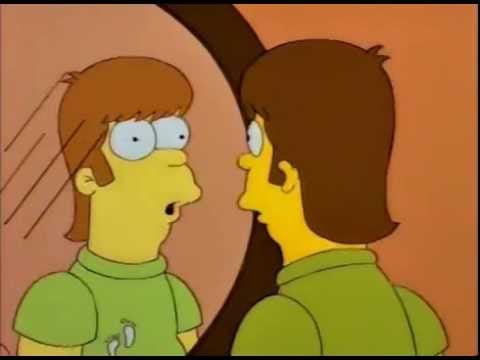Poker gets all the glory as a game that seems, from the outside, to be based purely on luck, but turns out to have a hidden skill element that is fairly significant. Yet luck might play an even greater role in Scrabble, which is often thought of as purely a vocabulary game, than it does in poker.
For the novice Scrabble player, the game is indeed all about finding words. Ideally, longer than a few letters (and knowing the rules helps, too).
As players get better, other factors start to take on importance, like the tiles you leave on your rack after each turn, knowing which tiles are left in the bag, or blocking your opponent’s best moves.
All of that can mitigate the luck element, but you are still at the mercy of whatever letters you draw out of that bag.
For instance, here is a quick “memory”—scare quotes because it’s not a specific memory, but I’m sure it’s happened more than once to anyone who’s played their fair share of Scrabble.1 I’ve just played EAU, trying to get rid of a bunch of vowels. It’s a French word, of course, but it’s in the dictionary. (Definition? Notoriously irrelevant to Scrabble nerds.) It’s a good word to know—the only one with at least three letters and only vowels. Unfortunately, the letters I draw to replace them are an A, E, and O! But at least I don’t have a V, let alone two.2
Only 42% of the tiles in Scrabble are vowels, but it sure seems like more when you’re playing. Sometimes, you end up with 7 vowels (or 7 consonants) on your rack for several turns in a row, and it seemsyou just can’t do anything about it. There is a chance on every draw that the whims of the tile bag will wreck the entire rest of your game.
Still, there must be some reason to play this game, right?
We play open book at home, and I once came back on the very last play of the game with the word STONECUT. That was a fun moment.
I played some Scrabble online at the Internet Scrabble Club. There is no “open book” there but you can play with a “void” setting, which just means you can’t play illegal words in the first place, so it has a similar effect. My best game there looked like this at the end (my tiles in blue):
My opponent quit this game, accusing me of cheating in the process. I scored 551 thanks to six 7-letter bingos, all of which contained a well-known letter sequence such as -ING, -ED, -ER/-RE, and -ES, and I got all of the six most valuable tiles in the bag as well (4 S’s and 2 blanks). The words were not that hard to find without a challenge system in place.
But of course I am not the world’s only Scrabble player. In fact, you can actually win money doing it. Is it good money? [Pause.] Moving on!
Perhaps the most famous Scrabble ending is this one—well, I call it famous, but it’s just one that made an impression on me. I assume it’s famous though. In Scrabble circles. Which… okay, isn’t famous.
Anyway, start around 30:07 for the relevant portion. Some good high-level strategy is discussed before the earth-shattering moment occurs before the 33-minute mark. (Also, look at some of the absurd words in the video thumbnail alone.)
Okay, so really, how much money is in Scrabble? Well, that guy won $10,000… for being the best Scrabble player in North America in 2018. The best baseball player in North America in 2025 just signed a contract worth $51,000,000 a year for 15 years. Slightly more profitable.3
Obviously, I don’t actually want to poohpooh the game of Scrabble. There’s no money it, fine, but it’s a fun pastime. Its best players aren’t legends, but still, it’s always in the popular zeitgeist.
Bill Watterson also wrote multiple Calvin & Hobbes strips about it, and you know if Watterson did something, I have to mention it.
How To Never Age
It may be startling to realize that Calvin from Calvin and Hobbes and Bart from The Simpsons were both born in 1979. Yes, these two children are actually 45 years old (in a sense)! How so?
Anyway, that’s all I have to really say about this matter of extreme national import. Do you have any experiences with Scrabble?
Or its bastard cousin, Zynga’s Words With Friends. Although, I wouldn’t be surprised if they programmed some non-randomness into it to create more playable words, because the situation I’m outlining is definitely more prominent in my Scrabble games.
I wasn’t counting, but must have had 40 straight games at one point drawing one or both of the V’s. In a two-player game with two V’s in the bag, you should get at least one in 75% of games, but every game for 40 games should only happen one time in a thousand (.75^40)!
And I’m pretty sure seven years of inflation doesn’t make up the difference!





